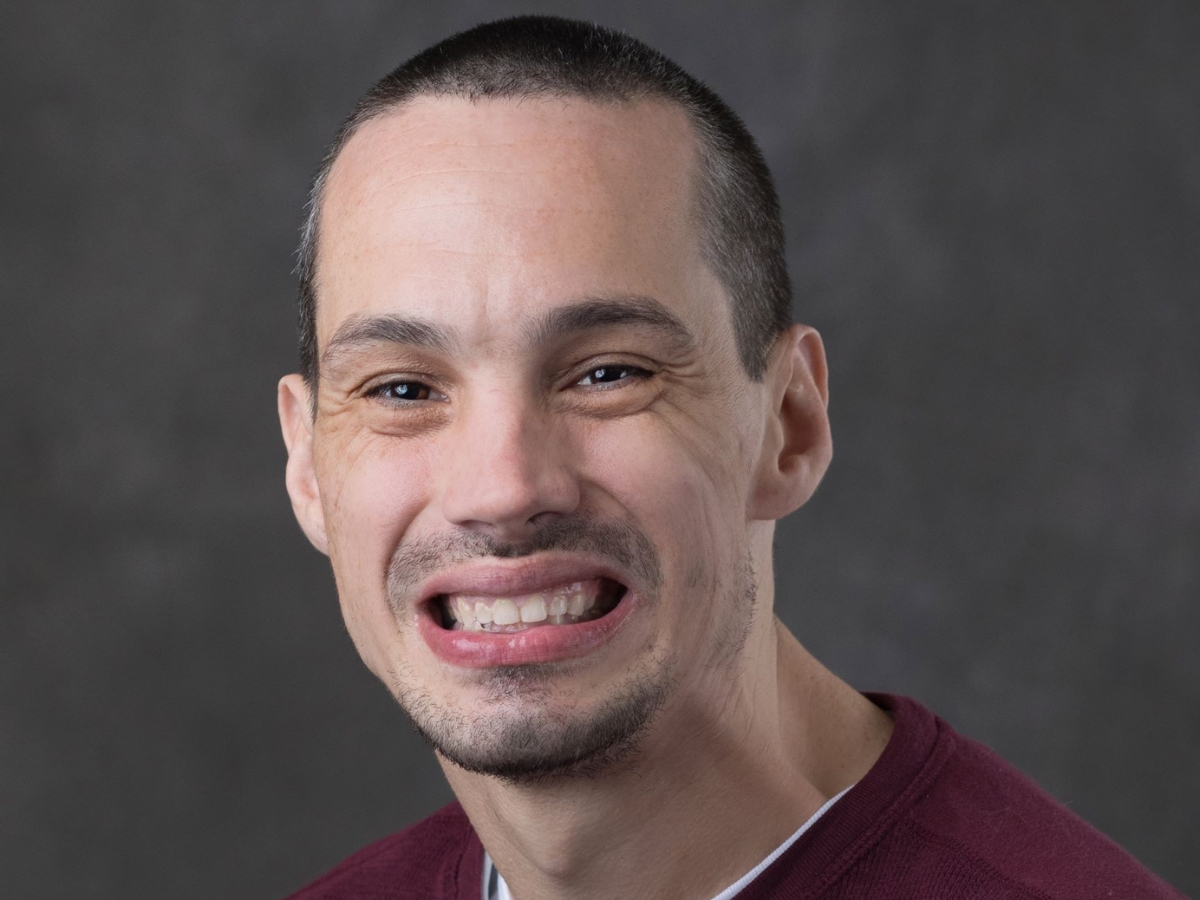Richard Chapman and Jessica Shuttler: Latest DDNJ Podcast

Dr. Richard Chapman
Dr. Richard Chapman, a disability studies scholar and licensed Mental Health Counselor, and Jessica Shuttler, a child psychologist and assistant professor at the University of Kansas Medical Center, discuss how principles of self determination and assessment apply to individuals with disabilities with IDRPP's Executive Director and DDNJ's podcast host, Matthew Wappett.
The Self Determined Learning Model, or SDLMI, is a form of instruction meant to promote self-determination and self-determined goals. This model is not originated by Dr. Chapman and Shuttler, but rather they explore in their recent research article how this model can be applied to individuals with disabilities.
"We hear this idea of self-advocacy and self determination," Dr. Chapman said, "and sometimes people use those words interchangeably, but really self-determination is this idea of causing or making things happen in your own life."
Shuttler added, "it's kind of a framework that you can apply to different contexts ... The idea is there's a set of person questions. ... Facilitators ask questions or seek to support the answering of these [person] questions around what a [student or client in therapy] wants to have happen in their life and what their plans could be of how to get there, and what supports or other kinds of actions they might need to take to make those things happen.
'The other really kind of helpful thing about that framework ... is about the educational supports that are packaged within it. So it offers people, like in our case therapists, ... some tools and strategies to think about using within those interactions ... that can help ensure understanding accessibility and that [they're] really hearing the voice and the perspectives of the person who is the focus."
"So, it sounds like it's really a tool that can help individuals," Wappett said, "or people who are going through therapy, to take more ownership of whatever's going on in their life, whether that's emotions, or particular personal goals or things they want to improve on. It's just a more structured way of getting them to think through, 'What does it mean to take that ownership.'"
"Yes," Shuttler responded, "And I would say, as a therapist, it kind of holds me accountable to be like, 'Am I really, truly listening to what my client or what this person's goals are?' ... . I think, maybe historically, in therapy, we've done more telling what to do, and maybe less listening and supporting and following someone's goals. And so I like this framework as a way to kind of hold myself, as a therapist, accountable to keeping that person at the center and really thinking about their strengths and goals."
Wappett concluded the podcast by asking Chapman and Shuttler what message they would like the audience to remember about their article.
"Self Determination is an important subset to positive psychology interventions," Chapman said. "Instead of using a deficit-based lens, it's really a different way to focus on an asset, using an asset-based lens to provide treatment to people."
Shuttler added, "I've heard too many times from families or from people that they tried to seek out therapy elsewhere in their community, and were told, 'Oh, you have a developmental disability; I don't know how to do that.' And so I guess a message I would have for therapists and counselors out there who maybe haven't worked with folks with intellectual, developmental disabilities before is: 'You can do this.' ... And that self determination, as Richard said, is important for everyone. These kinds of practices are going to make all therapies stronger, more helpful, hopefully more impactful. ... It's really important."
You can learn more about the journal and its companion podcast on our website. Subscribe to DDNJ Author Insights on Apple Podcasts, Spotify and Google Podcasts.

